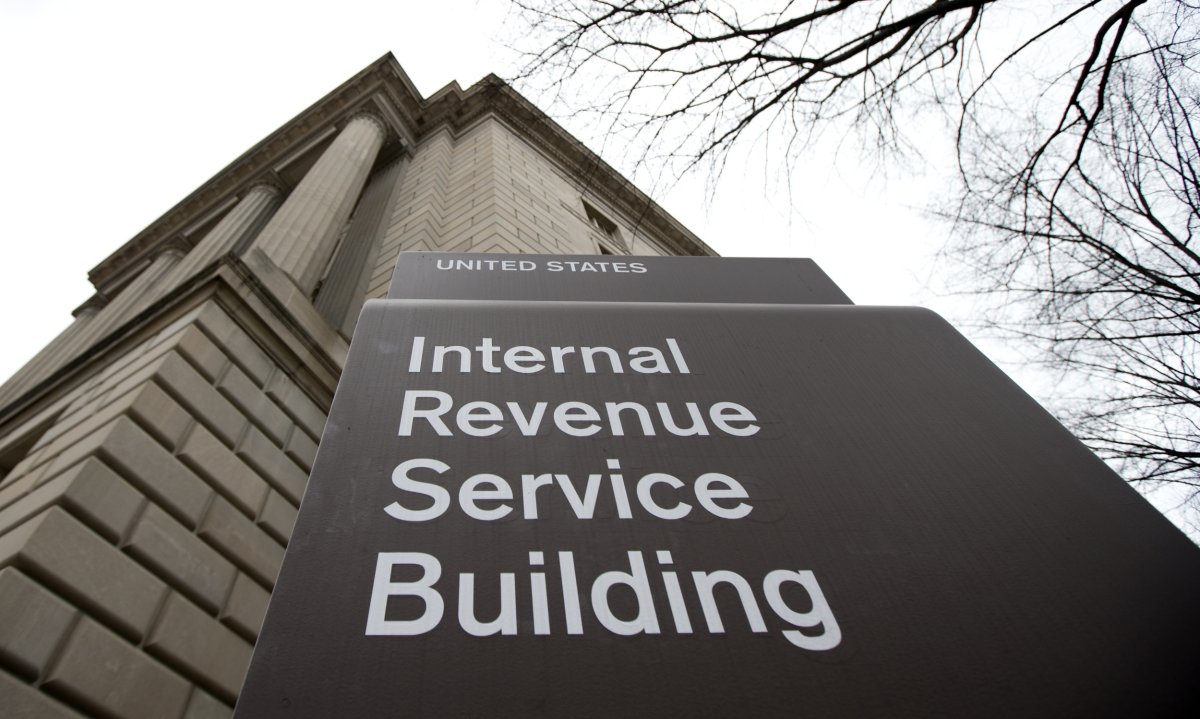
The Internal Revenue Service (IRS) has reminded taxpayers who missed Tuesday’s filing deadline that prompt action can help them reduce or avoid penalties and interest.
Why It Matters
Missing a tax filing deadline can lead to significant financial consequences, such as a failure to file penalty, which is usually five percent of the unpaid taxes for each month or part of a month that a tax return is late.
The IRS advises that filing and paying promptly, even if only a partial payment, can significantly limit additional charges. Those who owe taxes but missed the April deadline are advised to file immediately and pay what they can to reduce the accrual of interest and penalties.

Manuel Balce Ceneta/AP
What To Know
Taxpayers can still file for the 2024 tax year using several electronic options. The IRS Free File program remains available through October 20 for eligible taxpayers, and the IRS Direct File system is open to qualified individuals in 25 states.
Those who have consistently filed and paid their taxes on time over the past three years may also qualify for administrative penalty relief.
For those who still need to pay their taxes, payments can be made through a range of secure methods: IRS Online Account, IRS Direct Pay, the Electronic Federal Tax Payment System (EFTPS), or by credit card, debit card or digital wallet.
Taxpayers can also apply online for a payment plan, including installment agreements.
Taxpayers due a refund are not subject to penalties for filing late. The IRS said many individuals miss out on refunds each year because they assume they are not required to file. This includes those who may qualify for refundable credits such as the Earned Income Tax Credit or Child Tax Credit.
Taxpayers’ refund status can be tracked using the “Where’s My Refund?” tool on IRS.gov or the IRS2Go mobile app, and also by calling the automated hotline at 800-829-1954.
To check a refund, users will need their Social Security number, filing status and expected refund amount. Status updates are provided daily.
Some taxpayers receive automatic extensions to file. Military personnel stationed outside the U.S. and Puerto Rico receive an automatic two-month extension to June 16 to file, though taxes owed are still due by April 15. Those serving in combat zones have at least 180 days after leaving the zone to file and pay.
Similarly, U.S. citizens and resident aliens who live and work abroad receive an automatic filing extension to June 16, but they must also meet the April 15 payment deadline. Individuals residing in federally declared disaster areas may also qualify for both filing and payment extensions without submitting a formal request.
What People Are Saying
The IRS said: “Taxpayers should keep in mind that requesting an extension allows for additional time to file but not to pay taxes owed. Individuals who owe taxes should file their tax return and pay as soon as they can. Interest and penalties will continue to accrue on the owed taxes until the balance is paid in full.”
What Happens Next
Taxpayers seeking professional help can consult the IRS Directory of Federal Tax Return Preparers to find qualified tax professionals.




